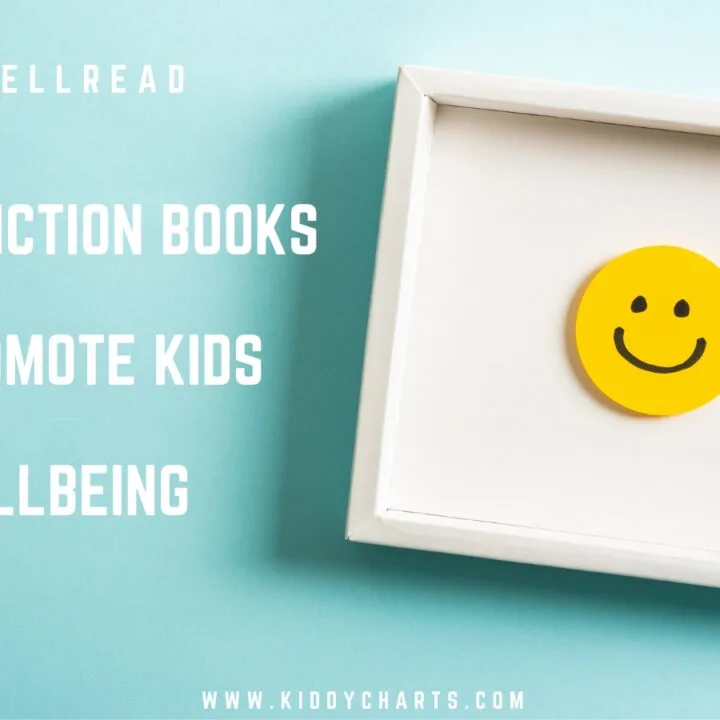If your period is late, it can be an uncomfortable and even stressful time. While there are several possible causes for a late period, some of which are entirely normal, it is important to understand your options and how to proceed. If you aren’t planning on having more children, and you already have a few causing chaos, the idea of another one can add to stress levels (!).
Alternatively, if you don’t have kids, and weren’t planning on them, stress levels can rise when you are late.

Late periods happen for many reasons other than pregnancy. It can be a result of hormonal imbalances, lifestyle changes, or medical conditions.
But what period delay is normal, and when should you start to worry?
Generally, a delay of a few days up to two months is just normal if there are significant changes in your lifestyle or if there are stressors that might have caused it. If the delay continues for more than five days, that is the time that a period is considered to be officially late. If you go three months without a period, this is called paused periods.
If you are several days on delay and you have had unprotected sex, the first thing that you will suspect is that you are pregnant. In any case, there are several things you can do if your period is delayed.
Here are some tips for what to do if your period is late
Here are a few ideas of what to think about if you are beyond those 5 days due. And if you are a teen reading this, don’t forget to check out our period book on the site – it is totally free!
Take a pregnancy test
This is the most important step to take when your period is late. You can purchase a home pregnancy test at most pharmacies or visit your doctor or clinic to take a test. If the test is positive, it is important to schedule an appointment with your doctor to discuss your options.

Consider your stress levels
Consider whether you are under stress or have experienced major changes in your life. Stress and changes in routine can affect your menstrual cycle and cause your period to be late. Try to relax and focus on taking care of yourself. Exercise, get plenty of rest, and eat healthy foods.
Think about retaking your test a few days later
Third, consider retaking a pregnancy test in a few days if you have a late period negative pregnancy test. If your period still hasn’t arrived, you should make an appointment with your doctor to discuss any potential underlying causes. Your doctor can also provide you with further advice on how to proceed.

Have you lost weight?
If you are watching your weight, it is most likely that your period will be delayed because of the changes in your body. People suffering from eating disorders like anorexia nervosa or bulimia also experience this because there is not enough body fat to stop ovulation.
What birth control do you use?
Women who use birth control pills often have their periods delayed. This is because the pill contains oestrogen and progestin hormones that will prevent the release of eggs. Once birth control pills are stopped, it may take up to three months to have a regular period cycle.

Do you have underlying health conditions?
Do you have any other health conditions that might affect your body? Chronic diseases like diabetes can affect your period. Since there are changes in the blood sugar count, there is also a change in the hormones, which tends to make your period irregular. Other chronic conditions affecting your menstrual cycle are congenital adrenal hyperplasia, Asherman’s syndrome, celiac disease, and Cushing syndrome. If you are worried about anything, do see your GP, or medical practitioner of course.
Keep calm
Finally, it is important to remember that while a late period can be worrying, it doesn’t necessarily mean something is wrong. In many cases, a late period is nothing to worry about and can be attributed to lifestyle changes, stress, or even hormonal fluctuations.
However, if your period is more than a few days late or you experience any other symptoms, it is important to seek medical advice. We aren’t a medical site, of course, so these tips are provided as guidance, and not medical advice, make sure you see a GP, or medical practitioner if you are worried.

We hope that this is a useful article – if you are looking for other articles on women’s and teen’s health, do check these out as well:
Women and teen health on KiddyCharts
Here are some more articles about health in women and teens - check them out now!
Women's Health Tips and Resources
This is a collection of some of the articles we have on the site around women's health. Check them all out in one easy page location here.
30 days to a healthier you
We've got a challenge for you - 30 days to a healthier you. Take a look and see if you can do it!
Health and wellbeing: 15 Non fiction books to promote it in your kids
If you are looking for books to help your kids mental wellbeing - here are 15 ideas for you.
Period book to download for free for tweens and teens everywhere
Finally, if you want more on periods, this is THE book for you. A complete guide to periods for teens, and perhaps it might teach adults a thing or two as well!
Or alternatively, some of these articles as well:
Women's health articles from off KiddyCharts
Here are some more ideas for articles on Women's Health to take a look at; including some on the menopause, which we NEED to talk more about.
Surviving The Menopause One Day At A Time
An article looking and the menopause, and how to help yourself if you are going through it - including info on HRT.
Busy mum? How to practice mindfulness in less than 5 minutes
We can be busy BUT that doesn't mean we cannot be mindful - how to do it 5 mins thanks to Motherhood The Real Deal.
Top Tips for Avoiding Burnout
Finally, "burnout" is being talked about - but what IS it and how can we avoid it?
We hope you find this a useful resource – we’d love to see you on the site again, so why not sign up to our newsletter as well?
That way, we might see you again soon.
Take care,
Helen

This is a collaborative post.












